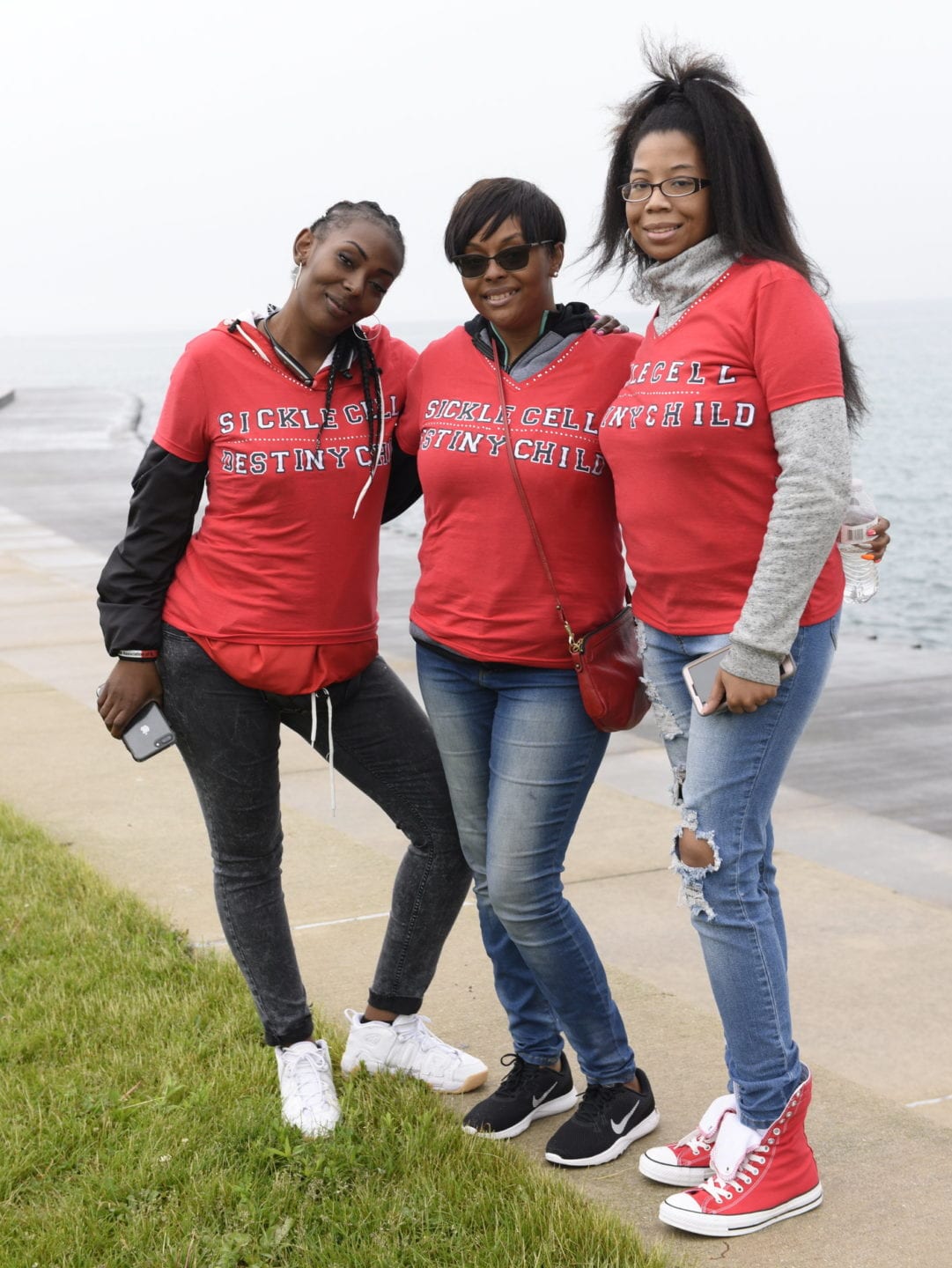I always used to have to wear a jacket because it was cold in school, so I got in trouble so much because we weren’t allowed to wear hooded jackets and stuff like that. We weren’t allowed to bring water bottles in the class, but I had to, especially when I was sick to keep myself hydrated. I got a lot of backlash from the teachers. The students, too, because they felt like I was being privileged, and like how can she do it, but I can’t do it.
This country’s in very, very bad shape in terms of opioid addiction. It tears up families. It’s terrible. You only really started hearing about opioid addiction when it started affecting the majority of this country. Outside of that, you didn’t hear about it. Aside from that, I think it’s like the education needs to be available. I think jobs need to be available. I mean different strategies need to be utilized to avoid it. People are doing that and masking a larger problem I think.
– Tashena, 30, SC
